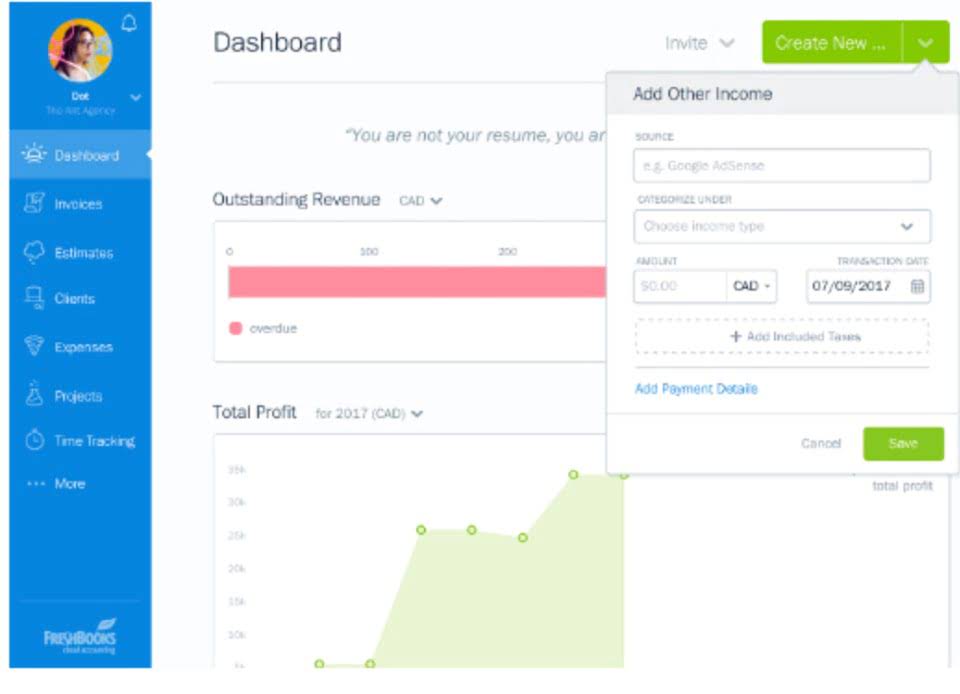What Is A Lawyer Retainer? 2025 Guide

In this case, the attorney would return the amount remaining in the retainer account to the how does a retainer fee work client. For example, a person might pay an attorney a retainer for certain services. The attorney may learn information that leads them to think they cannot perform the service the client needs.
Do I Need a Lawyer for Help With a Retainer Agreement?

Earned retainer fees are often not refundable to the client since the lawyer has already earned the fee via the provision of securing legal services. In other scenarios, a “retainer” can also refer to an agreement where a specific lawyer remains on call for the same client over a period of time. In these cases, the retainer fee is simply paid to the attorney to be able to call upon the attorney at any time for legal services. In general, this type of retained earnings balance sheet retainer agreement is utilized in a corporate business setting. Retainer fees can vary significantly based on the industry, the professional’s expertise, and the project’s scope.

What Should be Included in the Agreement?
You provide a brief description of your legal issue, and we match you with attorneys who have the right expertise. Whether you are an independent consultant or part of a firm, you have to decide which pricing model or fee structure to propose when you are doing a proposal for a client. You and your client need to agree on the fee structure and then write it into a contract.
- For example, a certified consultant may need the flexibility to take on several clients to ensure a stable income, and charging for a predefined time may help achieve this.
- Think about inducing a stipulation on how many revisions your client is allowed to ask for as well.
- When you consider other payment models, you’ll see why retainers are so popular.
- It does have its downsides, as you may wind up doing more tasks for a project than you would normally do, but it does provide financial stability.
- The retainer fee may cover a set number of hours per month or may be paid on a project basis.
- After you go through the first 2 steps of the contract creation process, you will reach the “payment” section.
What Is a Retainer Lawyer?
For example, imagine that a property developer requires the services of an attorney to assist with investigation and paperwork throughout the development of a new shopping centre. This process can take several months, if not years, for approval and completion, during which time they wish to real estate cash flow have free access to the attorney’s legal expertise. The developer would enter a retainer payment plan to commit the attorney to the project throughout this process. One reason for this is the increasing popularity of freelance or contract workers. It is a way for freelancers to guarantee an ongoing job and payment for a certain number of hours worked. These contracts should function in the same general process; any monies paid upfront are considered unearned retainer fees and become earned retainer fees when the required work is done.

What Sort of Benefits Can the Client Receive From a Retainer Agreement?
- While retainer fees offer several benefits, there are potential pitfalls to be wary of.
- A retainer fee is an advance payment made by a client for future legal services.
- Once their service is completed, they can transfer this fund from trust accounts to their operating account.
- Having 1000 billable hours in a year leaves you with simple math – divide the first number (112,500) by the number of hours and you’ll get your hourly rate.
- For instance, if an attorney charges $300 per hour and expects your case to take about 10 hours, they might ask for a retainer fee of $3,000 upfront.
- You can use this to figure out your annual fee and what you can charge a new client for future services.
Businesses benefit from reliable, ongoing technical support, reducing downtime and addressing issues promptly. For example, a retainer might cover 24/7 system maintenance and security checks for a fixed monthly fee. An earned retainer is a payment that a professional keeps as services are delivered or work is completed. For example, freelancers and agencies may bill portions of their retainer as tasks are fulfilled, ensuring fair compensation over time.
